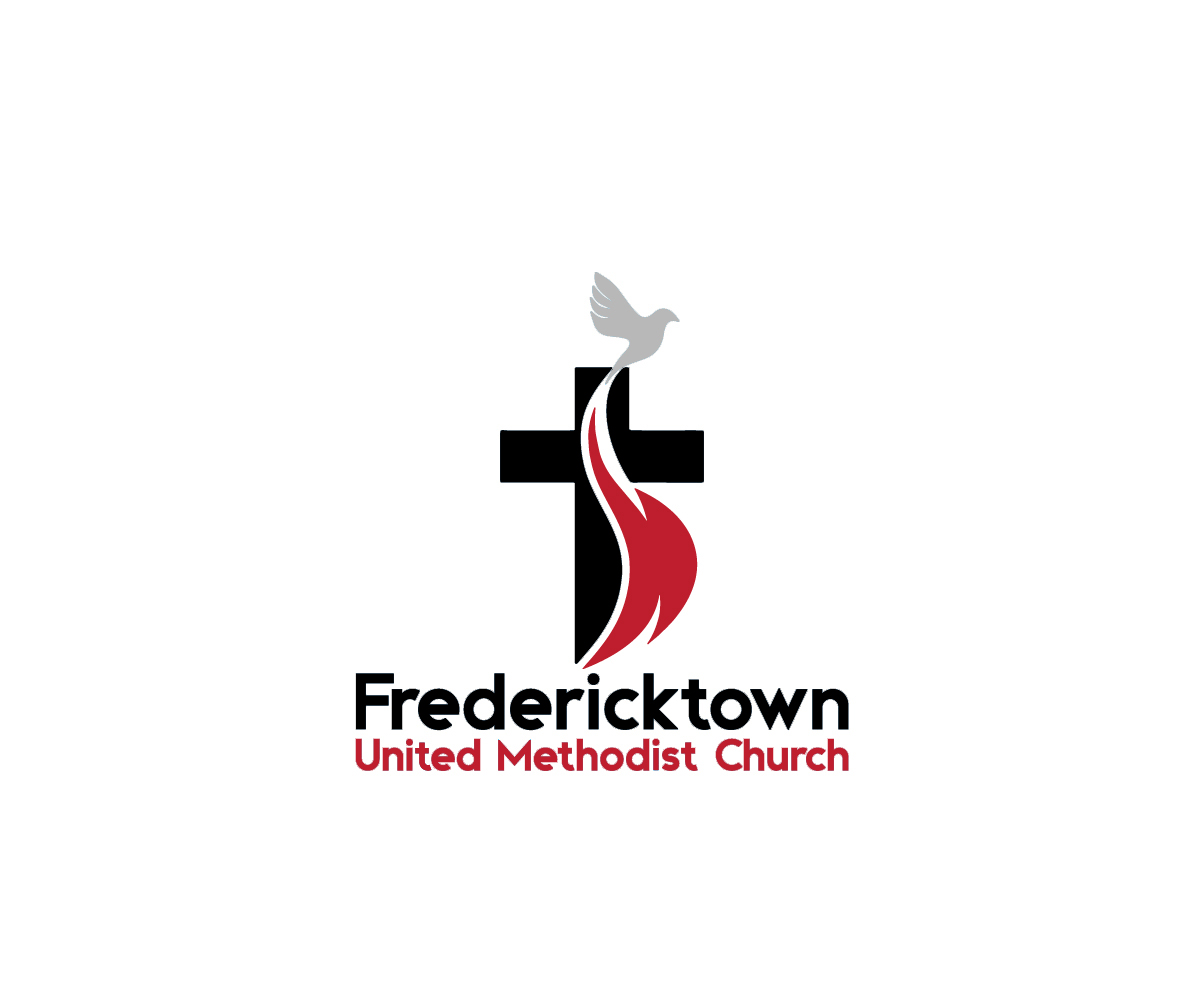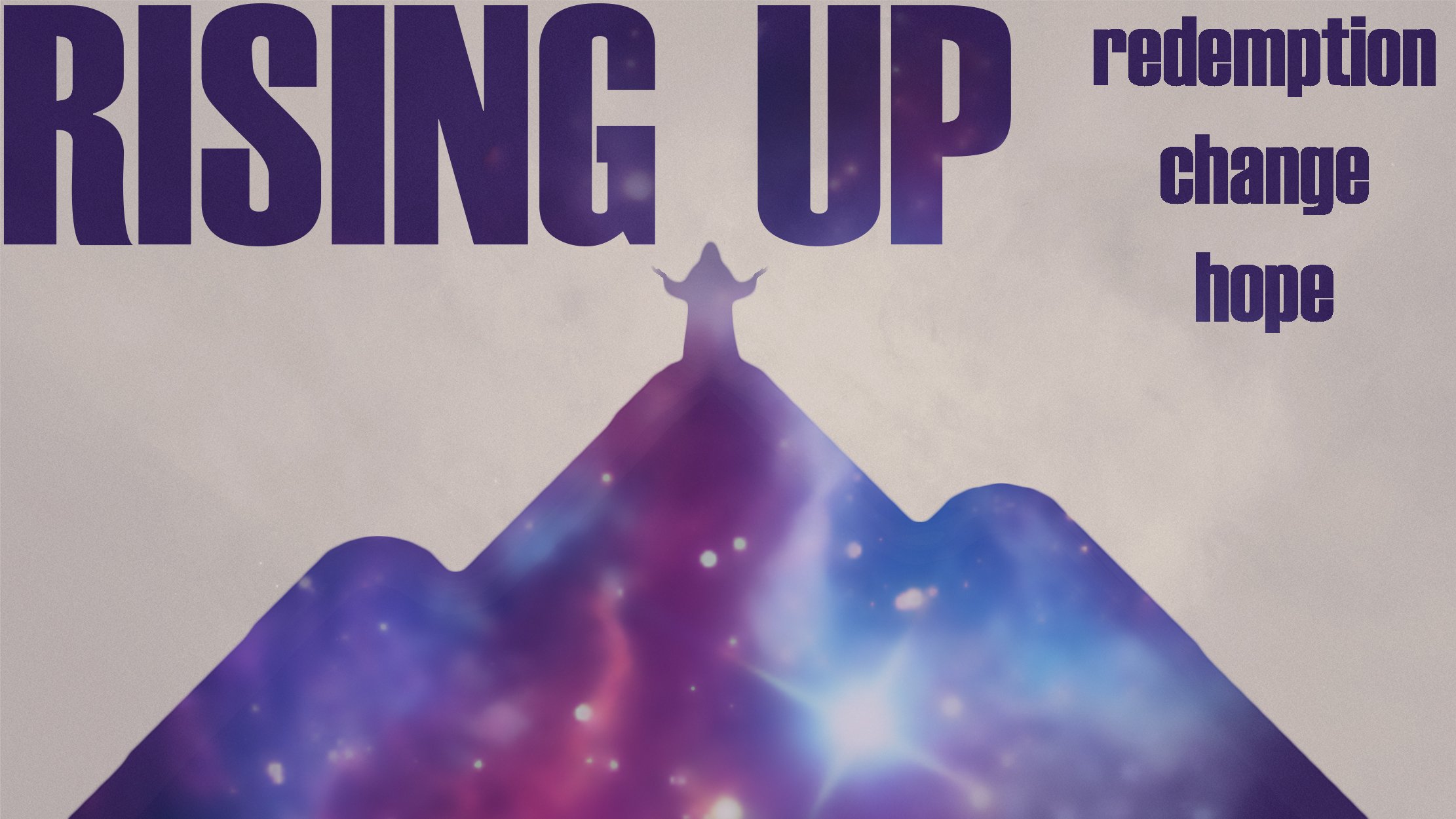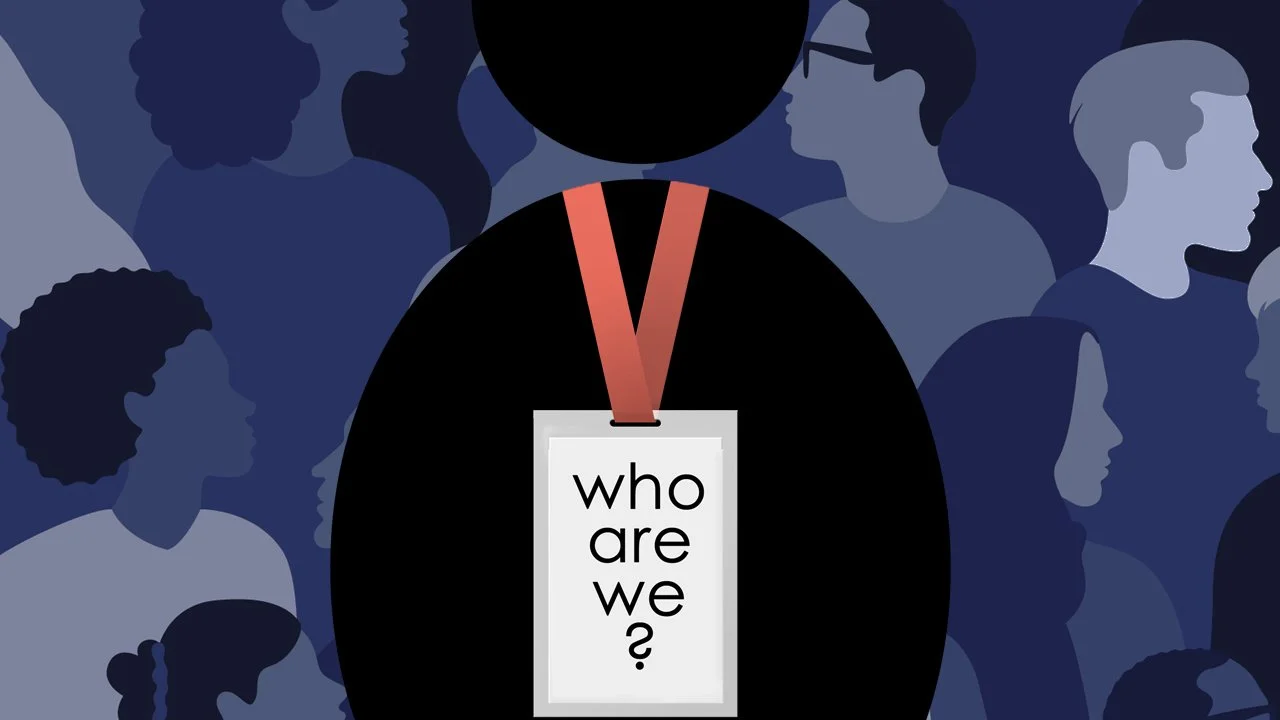What is the book of Revelation about, really? This is a question that a lot of folks ask. When you read through it, it appears to be this book filled with frightening imagery, confusing symbols, and violent prophesies. Many of us have been taught that Revelation is all about the future; that Revelation is a book that tells what will eventually happen at the end of time. The end result is that most of us avoid it entirely. Or, if we do try to read it, we get through it and don’t understand most of what we read. What if I were to tell you that the Revelation of John is not some scary book about war and the Antichrist and plagues happening on all people left here after the rapture (which the rapture isn’t even in the Bible, it’s a made up thing inserted by theologians to explain away other things) and is instead a book written to a people who were in a time of dire trouble, threat of violence, and horrible fear. What if I were to tell you that Revelation is not a book telling us what is going to happen in the future, but is instead a book that seeks to tell us that even when the world has thrown its worst at us, God is still God, good will still win over evil, and the Divine will always be working to make sure the worst of things is never the last of things? I’d like to invite you to join us over the next several weeks as we break down the book of Revelation and see what it is, and isn’t, about. I think you might be surprised. It might move from becoming the book you knew nothing about and avoided to one of your most favorite promises in the Bible. We’d love for you to be our guest.
There are all sorts of stories we see in the Bible of redemption, of change, and of hope. We’ll be looking at four of those stories and see how we can transform difficult times in our life for the better through Christ and each other. Because no matter how many times we may fall down, Christ is always there to help us rise up from our doubts, our denials, our judgments, and our conflicts. Join us as we look for all the ways we can rise up.
This week, we're going to be starting a new message series here at Fredericktown United Methodist Church called "Connect." This is a series where we learn about how we United Methodists practice our faith through our membership vows. We are a connectional church, meaning we believe in supporting, helping, and leaning on each other in order to accomplish things that are greater than we ever could on our own. John Wesley, the founder of Methodism, said that there is no holiness but social holiness, meaning that holiness is something we receive in and through community. Journeying through our membership vows, we will learn about how we can connect to God, to each other, and to our community through our prayers, presence, gifts, service, and witness. Join with us as we learn about being uniquely United Methodist.
We're starting a new series here at Fredericktown United Methodist Church this week called "Who are we?" Throughout Lent, we worked on the spiritual process of asking. We asked questions of Jesus and had questions asked of us. All of that culminated with the celebration of Easter Sunday where the questions we asked helped us to see what we need to let go of so that we can pick up resurrection and share that life with everyone we meet.
So, now as we enter into Eastertide as a resurrection people, what does that mean for us? What does it mean to carry resurrection with us into the world and how does that shape our identity? In the grand plan of God's work in this world: who are we and what is the part we have to play? I hope you'll join us over the next several weeks as we learn together about who we are in the light of the resurrection.
We're kicking off a brand-new series this week that will take us all the way through Lent called: Asking. Through our lectionary Scriptures, we're going to see these moments when someone asks Jesus a question or Jesus asks them a question. In each of these question-filled moments, the people are seeking something that they need in their lives and looking for answers. So, this Lent, we're going to focus on asking questions. They won't always be easy to ask, but they'll help us to find what we need. Let us engage in the holy and spiritual practice of asking.
We’re starting a new series this week that will take us from the first Sunday after Epiphany through the beginning of Lent. As we journey from one holiday season in the life of the church to another, we try to live our lives as best we can in between. So, as we live in this time between Advent-Christmas and Lent-Easter, let’s take a look at what life together as the people of God might be like. This is the life we live that isn’t just a special occasion or holiday way of life, but an everyday life where the ordinary isn’t ordinary. Let’s look at how we can live out the kin-dom here on earth, to bring it closer to the Kingdom of Heaven.
The stories and traditions of Christmas have been passed down to us through our families: both the families of our birth and our families of faith. This season holds a lot of emotion and memories with us as we journey through it together. Sometimes those emotions and memories might be good, and sometimes they might be difficult. Through it all, though, our stories always have God’s story as a part of them. In our stories and the stories of those who came before us, God continues to show up and help us continue to move towards love, peace, and liberation as we come to behold the God who chose to make the Divine’s home here among us in flesh and blood. This is not just a story about us, but about those who came before and those who will come after, a family story that continues on, transcending space and time, as its work continues building on what has been toward what is to come. Join us as we journey through Advent together looking at our family story.
We are getting ready to begin a new year on the church calendar, but even though something new is beginning it’s too easy for us to get stuck in the same old routine. Let’s prepare for this new year by renewing the direction, purpose, and soul of who we are, so that we can claim the fresh start God makes available to us. Let’s not just renew ourselves but let us re-new or make new again who we are and who we are called to be!
We start a new series this week called "Face Off" and it's going to focus on people who have up close and personal encounters with Jesus. We might expect them to face off and go in one direction, but we will see that what happens when people encounter Jesus is that what people least expected to happen is what did. Instead of reacting as we might, or we might expect others to, Jesus instead takes people in a new direction, off the beaten path to someplace new that is filled with possibilities.
Today we're starting a new series called "Forecasting!" In it, we're going to take a look at many of the prophets in the Bible and some of the unusual ways they guided the people. Today we're starting with Elisha and Naaman. Naaman and his king thought his wealth, status, and power were enough to get special treatment from the God of Israel and get a miraculous healing for his condition. However, what he found out was that God is no respecter of wealth, power, and influence, and the backroom deals of humans. This is a God who heals ordinary people through ordinary water and cannot be bought, sold, or controlled. Our work with God should be less about being in the spotlight and more about being with the ordinary people who need help and healing.











